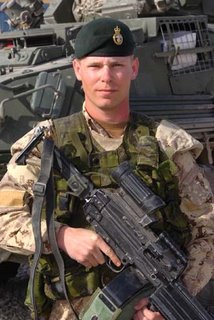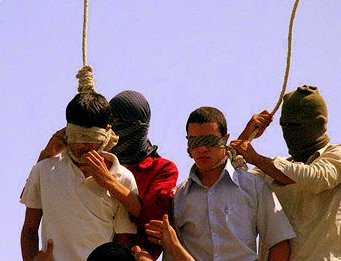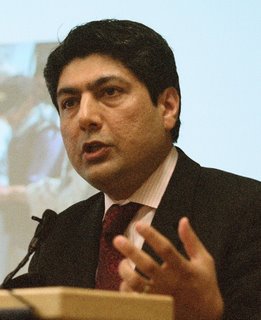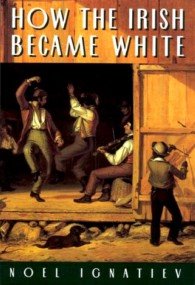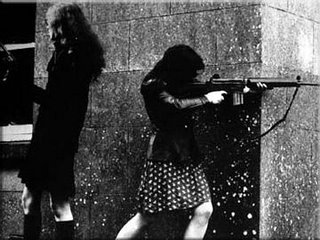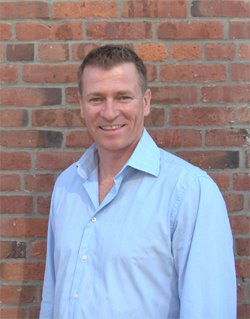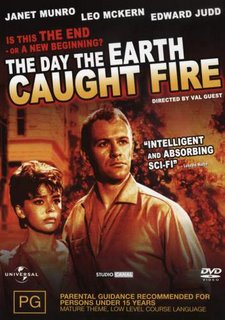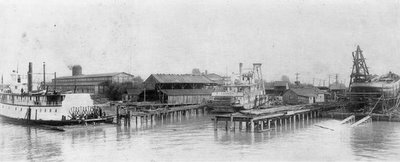 Y
Yesterday was the 122nd anniversary of the murder of a 15-year-old Canadian Sto:lo boy, Louie Sam, by an American lynch mob. Today, the Washington State legislature acknowledged that horrible injustice. Sto:lo Grand Chief Doug Kelly and I had almost a half hour all to ourselves on CBC’s The Current this morning to try and make sense of it, with brief interludes from Washington State Lt.Gov. Brad Owen and British Columbia’s Intergovernmental Relations Minister John van Dongen, between 9:30 and 10. You can listen to us
here.
First things first. Thanks are due to Washington’s Lieutenant-Governor Brad Owen for seeing to it that this resolution was put to the Washington State legislature. The legislature should be congratulated for adopting it. Thanks are also due to B.C. Lieutenant-Governor Iona Campagnolo for having brought the matter to Owen’s attention and pressing the case to begin with. University of Saskatchewan historian
Keith Carlson did a tremendous job of bringing all the facts to light. The makers of the wonderful short film The Lynching of Louie Sam played a key part in reviving the memory of the incident. And the Sto:lo leadership, perhaps especially my friend Chief Kelly, and my friend Chief Clarence Pennier, deserve our gratitude for their generosity and civility throughout the whole thing.
Now, to be clear: The Washington state resolution apologizes for nothing. I raise no complaint about that. Apologies come easy these days, but the injustice being acknowledged in today’s legislative resolution was most certainly not the lynching of Louie Sam. A lynching is not something you can apologize for.
What Washington State was morally obliged to address was the complicity of American officials in the crime, both in the first instance (an American sheriff directed the lynchers to Louie’s whereabouts in Canada) and after the fact (by failing to bring the lynchers to justice, or to even try). In today’s resolution, the Washington state legislature has discharged its obligations handsomely.
I have only one minor objection to the wording of the resolution: “That the Senate of the State of Washington recognize that the territorial government of Washington and the Government of British Columbia both failed to take adequate action to identify the true culprit of the murder and bring the organizers and members of the lynch mob to justice.”
That has rather too much the smell of moral equivalence about it.
The American authorities at the time were obscenely complicity in the crime. There was the American sheriff’s conduct, to begin with, but more importantly, after the fact, Washington prosecuting attorney C.M. Bradshaw, despite explicit instructions, took absolutely no action to apprehend the lynchers.
Washington authorities refused to act, even after two very brave B.C. Provincial Police officers,
William Russell and
Charles Clark, at great risk to their own lives, crossed the border, and posing as itinerant labourers, they carried out a thorough investigation, returning not only with a long list of the lynchers’ names, but also a preponderance of evidence implicating one of the lynch-mob leaders in the very crime - the murder of an American shopkeeper – that Louie Sam was ostensibly punished for committing. On that ground, at least, it can be said that B.C. went over and above the call of duty.
It remains my hope that this file will remain open until Clark and Russell are awarded a posthumous commendation for bravery.
The other important thing to remember about all this is the broader political and cultural context. Here, too, for all Canada’s horrible policy towards aboriginal peoples, absolutely no moral equivalence should be drawn between Canada and the United States in these matters:
1. The ancient tribal peoples of the old Columbia territory tended to be openly and unapologetically “King George Indians,” and were given to warm relations with their loyalist allies in the territory – several hundred Hawaiians, Orkney Islanders, Lowland Scots, Iroquois, and Métis. After the Crown relinquished sovereignty in the southern portion of the old Columbia territory when the border was drawn at the 49th parallel in 1848, the loyalist settlers fled north, and an American bloodbath ensued. There was the Cayuse War of 1848, the Klamath and Salmon River Indian Wars of 1855, the Yakima War of 1855, the Nisqually massacres of 1856, and so on.
2. When thousands of American gold miners poured north across the 49th parallel in the 1850s, they immediately began killing aboriginal people. The “King George Indians” fought back, and over the space of a few days during the summer of 1858, roughly 60 headless American corpses were floated down the Fraser River. James Douglas, the governor of the colony of Vancouver Island and the highest-ranking British official anywhere near the conflict, refused to intervene on behalf of the Americans (Douglas, by the way, was an “octoroon” creole; his wife, Amelia, the first lady, was Irish Cree). Instead, Douglas unilaterally established the Colony of British Columbia, to maintain order and to protect what he considered to be the English common-law rights of the mainland’s aboriginal peoples. In 1871, British Columbia joined the Canadian Confederation.
3. While American soldiers were busy slaughtering tens of thousands of aboriginal people across the Great Plains, just a few short years after having slaughtered hundreds of thousands of their own countrymen in the U.S. Civil War, Canadians of aboriginal and European and other ancestries were living mainly in peace - even though the 1880s was the most violent decade in Western Canadian history. Total number of Canadians killed by Canadian soldiers between 1867 and today: about 70.
4. Americans lynched 4,743 of their countrymen between the 1880s and the 1960s. Louie Sam is the only documented case of lynching in Canadian history, and he was lynched by a mob of Americans.
Americans eventually acquitted themselves with much honour in their relations with aboriginal peoples, and Canada remains disgracefully laggardly, by some comparisons, in reconciling Crown interests with aboriginal interests. But still. . . .
For an excellent summation of the background to the resolution adopted by the Washington state legislature today, see
Miro Cernetig's piece in the Vancouver Sun yesterday.
For an Associated Press account of today’s events at the state legislature in Olympia, see
here.
The resolution adopted today by the Washington State legislature can be found
here.
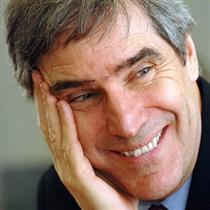 During World War II, my mother worked in London with the French Resistance. One of her closest friends was a young Canadian who parachuted into France in 1943 to fight fascism. His name was Frank Pickersgill. He was captured by the Nazis and died under torture in Buchenwald. He died so that other men and women could live in freedom.
During World War II, my mother worked in London with the French Resistance. One of her closest friends was a young Canadian who parachuted into France in 1943 to fight fascism. His name was Frank Pickersgill. He was captured by the Nazis and died under torture in Buchenwald. He died so that other men and women could live in freedom.